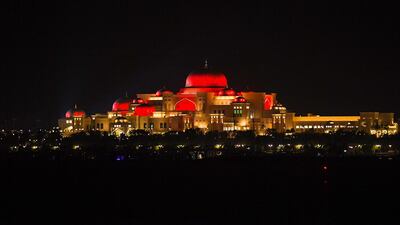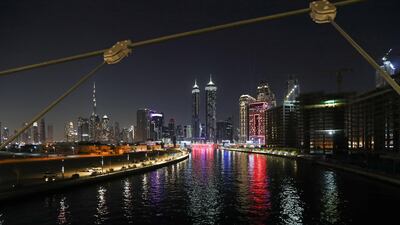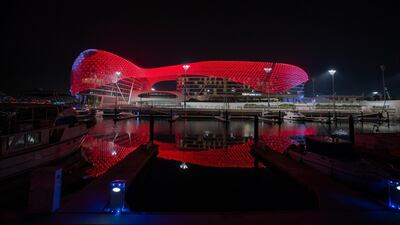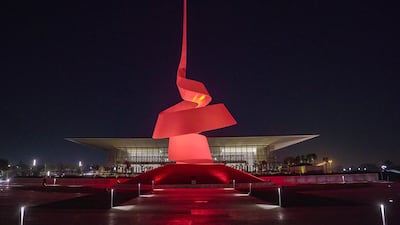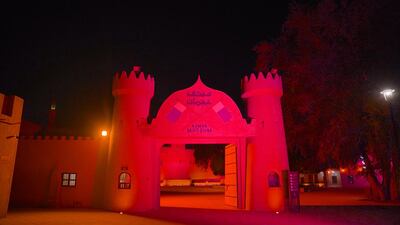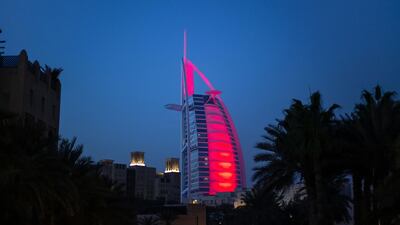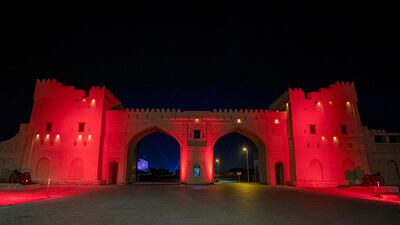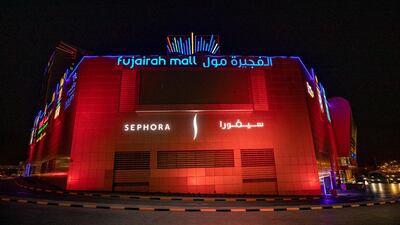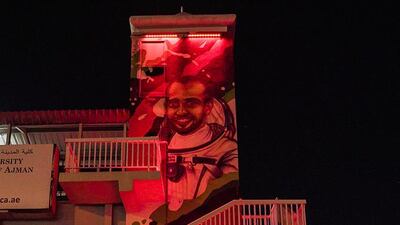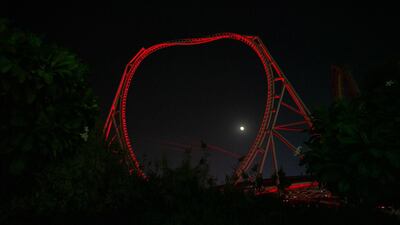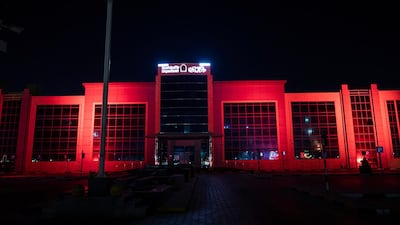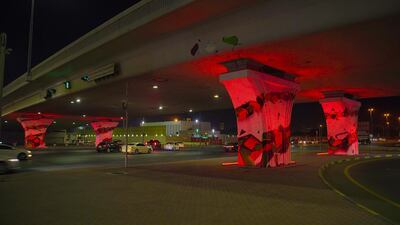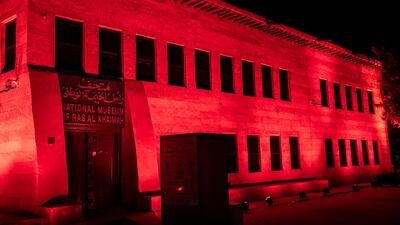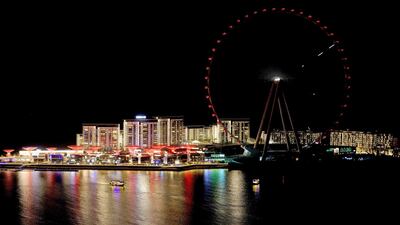Emirati engineers behind the UAE's mission to Mars are anxious as the Hope probe nears its destination.
Six years of hard work will be put to the test on Tuesday when Hope attempts to make Mars orbit.
At 7.30pm, the spacecraft will move into position.
Omran Sharaf, mission director, told The National: "It literally feels like 2014 was yesterday and 2015 – when we actually announced the detail of the mission – feels like it was even closer.
“And this just 50 per cent of the mission because reaching Mars is just half of the task. We need to do the science work and come up with scientific findings.”
Asked how he was feeling, he said: "Sleep-deprived, stressed, but confident and happy".
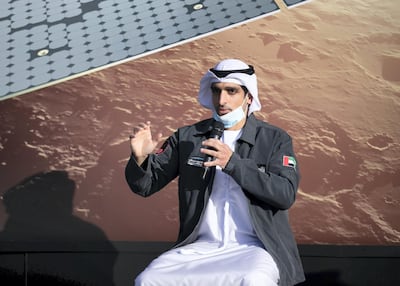
Half of Mars missions end in failure because of the complex manoeuvres spacecraft must perform to be captured by Mars’ gravity.
Hope will fire its three pairs of Delta V thrusters for 27 minutes to decelerate from 120,000 kilometres per hour to 18,000kph, but the process needs to begin at exactly the right time so the spacecraft reaches its target orbit.
Half of the 800kg of hydrazine fuel loaded into Hope will be used during orbit insertion.
The thrusters were used for course corrections but never for 27 minutes before. Should one pair of thrusters fail, the others are programmed to automatically compensate to correct trajectory. If any more malfunction, the mission will fail.
The team will not be able to send commands to the probe at that time, but they can monitor the performance of the burn.
Another challenge they face will be the blackout period, called occultation, which means all communication with Hope will be lost for up to 20 minutes.
This will occur when Hope moves behind Mars, disrupting the signal and delaying confirmation from the probe about how the orbit insertion attempt went.
Engineers at mission control said they are nervous but confident as Tuesday's landmark moment nears.
Ayesha Al Sharafi, a propulsion engineer, said she will be anxiously waiting for the signal from Hope with her colleagues at mission control.
“I wish I could say I’m not nervous, but I am,” she said. “This is the longest period of time we’ll be using the thrusters and, I have to admit, I am nervous but I’m also confident on how the mission has gone so far.
"I’m also very hopeful because everything has gone so smoothly and I hope the orbit insertion goes smoothly, too.”
Ibrahim Almidfa, who leads the flight software, said: “It feels like a test we are prepared for.
“If you’ve studied so much for a test, you’ll go to the test feeling confident and comfortable. So, knowing the full dedication of the team and that everything is working as it should, we feel no pressure, but I know that might change on the day,” he said.
Nasa’s Deep Space Network radio antenna in Madrid, Spain, will be the first to know if orbit insertion was a success.
If so, Hope will spend 40 hours in Mars' capture orbit before moving into the science orbit.
There, it will spend a full Martian year - 687 Earth days - studying the planet’s upper and lower atmosphere and relaying data on weather patterns and climate back to the Mohammed bin Rashid Space Centre's mission control room.
Success would make the UAE the fifth space agency to achieve the feat after missions by the US, the former Soviet Union, the European Space Agency and India.
The mission cost $200 million from design and development to launch. It is considered to be one of the lowest cost missions.
The goal was to reach Mars, but also to increase focus on science, tech, engineering and maths studies and professions in the Arab world.
Hope's arrival to Mars is also being used to mark the Golden Jubilee of UAE's foundation.
The orbit insertion attempt will be streamed live on the Emirates Mars Mission website.













